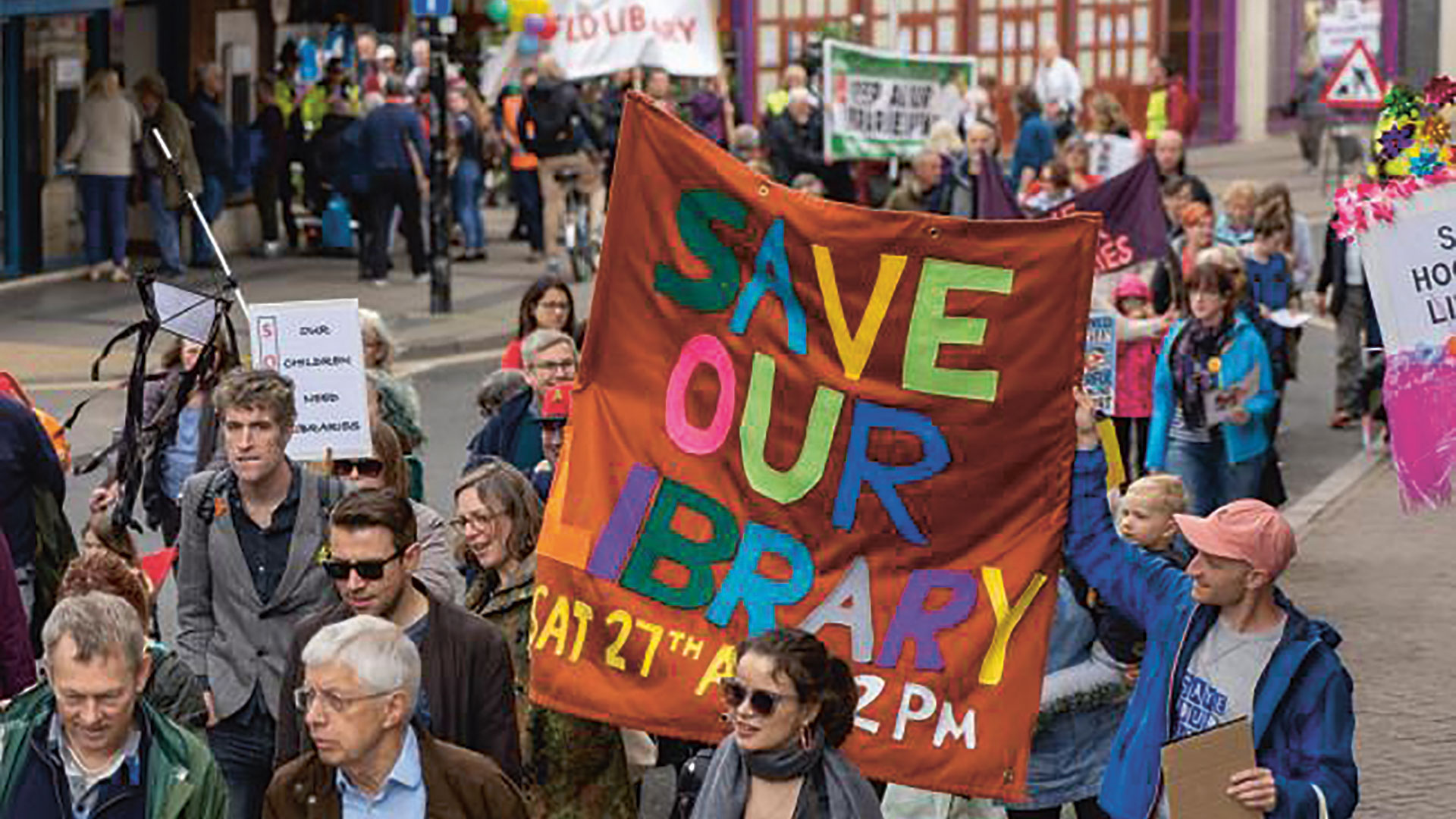There’s no contradiction here. Get people who wish to grasp opportunity to use their own encouragement and support – whether that’s educational, social or from the community – to help those in need. Enrich their lives and enrich your own life by helping others in need.
Libraries, when used correctly, punch above their weight
This way, it becomes a virtuous circle. Everyone moves up because those caught in their homes need the fresh blood from the outside to come in and vitalise their lives. It’s helping in both ways.
Being generous to someone is in fact being generous to yourself. Generosity does your mind and soul a bit of good. So don’t assume that volunteering is only about what you can give; it’s also about what you get out of giving.
That Essex is now standing behind its libraries is a great campaign achievement in a climate of cuts. Libraries, when used correctly, do punch above their weight. They improve the community and bring people out of loneliness and into society in a non-overbearing way. As we reported in our report to government with library association CILIP last year, libraries play a central role in literacy, digital skills, community building and in giving a hand up to people living in poverty.
Libraries and bookshops are at the very hub of social justice and social engagement because, as I’ve said countlessly, they improve the intellectual climate of the neighbourhood and present an escape route for many out of separation and isolation.
But the conundrum remains for many local authorities. How do they get through the cuts foisted upon them? As we know too well, many people are suffering because of such cuts – to local provision and to national provision.
Advertising helps fund Big Issue’s mission to end poverty
You can’t run a good library simply based on volunteers
The Local Government Association reckons that between 2010-20, local councils will have lost 60p out of every £1 they received from central government. By next April, the gap between council resources and demand will be £3bn, rising to £8bn.
We need a long-term, sustainable plan because volunteerism isn’t the answer here. You can’t run a good library simply based on volunteers because you need trained librarians who can lead people through the knowledge gathering and hurdles that people often face.
Only a real end to austerity and the rebuilding of local communities is the answer; not forgetting true engagement with communities via a tighter compact with local people. We have to have much deeper relationships between each other, as the recent report by the UN Special Rapporteur on the Right to Health, Dainius Pūras, reminded us last month. All the evidence is that by engaging communities, with a focus on social justice, we have a hope of getting the ball rolling.
You’ll be happy to know that Northampton, where we organised our Social Echo conference in November last year, is gradually growing a tighter, more stitched- together community. A recent meeting there demonstrated that The Big Issue Group, Northampton University, local businesses and community groups are running with the idea of a more supportive, linked-up community.
You’ll also be pleased to know that after the successful launch of Chapter Catcher, our new reading deeper and wider magazine, we’re out on the road getting libraries, bookshops and reading groups to think about the power that flows from literature. We’re forging local connections as Chapter Catcher tries to stitch together groups around education and reading, uniting schools, libraries, colleges, bookshops, prisons, book clubs and support groups into one big network.
It’s early days, but the process has begun. It won’t show its true form until we’ve created a national network of deep readers connecting together in the fight we’re all in to repair and restore our communities.
Advertising helps fund Big Issue’s mission to end poverty
I’m sure there are many reasons to be depressed, annoyed and disheartened. But there are just as many reasons to be joyous, bulled up, bullish and brash; to be brave, bold and loud for social justice, rather than long-faced and brow-beaten.
Thank you to the people of Essex for leading the way, and helping us all to see the power of the future through the lens of the library.
Image: Save Our Libraries Essex









